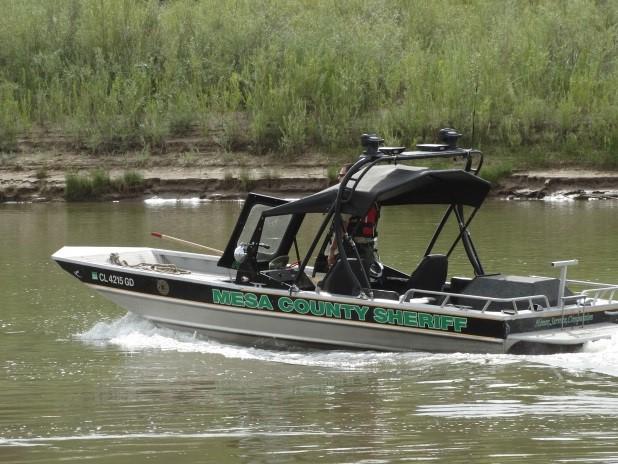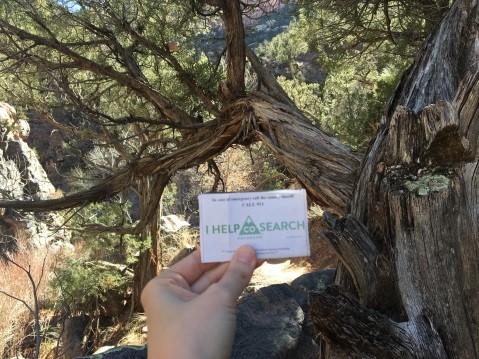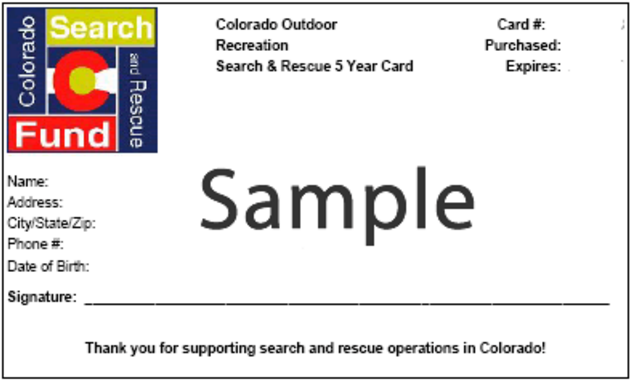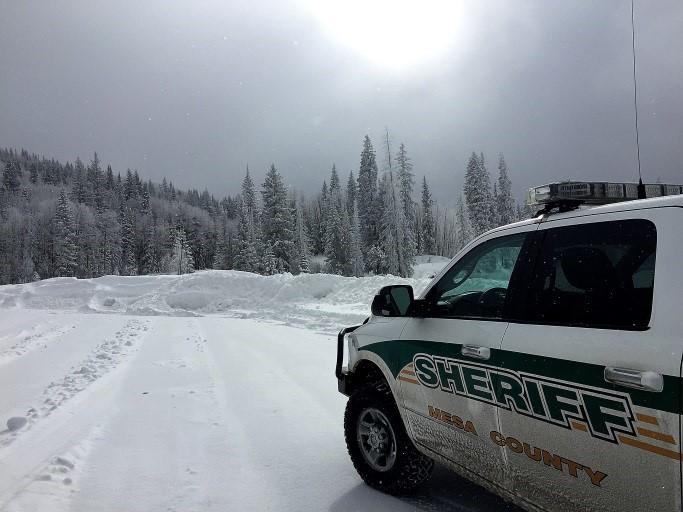Outdoor recreation safety tips
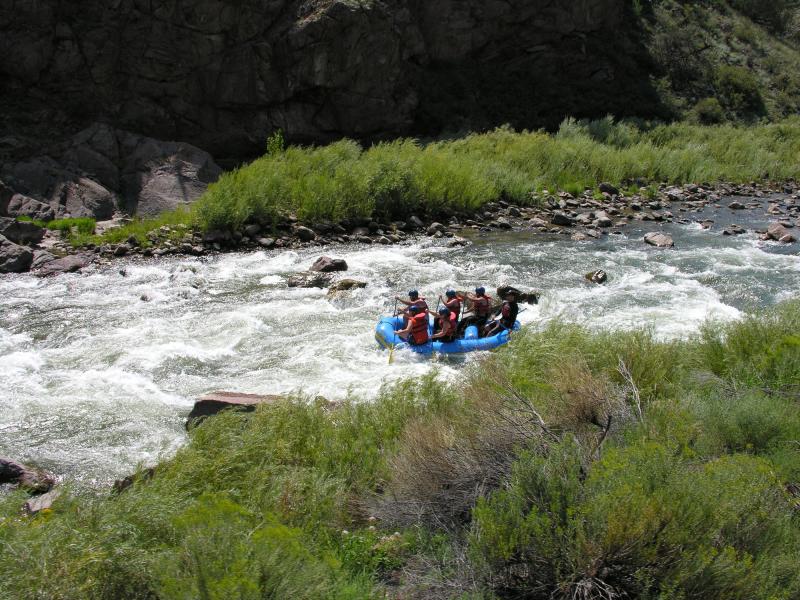
Planning a river trip?
River levels and conditions change daily.
Check for current conditions before you make plans to enjoy the river.
Hazards during high water
Swift water and dangerous currents
- Not all hazards can be seen from the surface.
- Even gentle stretches of water can have dangerous undercurrents.
Debris and tree snags
- Create dangerous undercurrents that can trap you underwater.
- Debris can puncture rafts.
Cold water temperatures
- Hypothermia is a genuine concern.
- Water will be colder the deeper the river gets, creating a potentially deadly situation for even the strongest swimmers.
Unstable riverbanks
The ground can erode underneath and break away without warning. If you are standing on it, you can get swept away.
Don't swim at boat ramps
Currents can quickly drag you underwater or downstream.
Conditions will change day by day
As the weather heats up or cools down, snow will melt at a different pace creating ever-changing river conditions.
River safety
Always wear a life jacket
- Life jackets save lives!
- Even strong swimmers should wear a life jacket.
- Life jackets are available to borrow for free at many boat ramps, thanks to the Save-A-Life Jacket Program.
Use proper equipment
- Using pool toys and inner tubes on the river puts your life at risk.
- Use equipment designed for the river; sub-standard equipment will not protect you from river hazards.
Enjoy the river sober
Rafting impaired puts your life at risk.
Raft in groups
- Raft with others, not alone.
- A preferred minimum is three boats.
- Let someone know where you are going and when you expect to return.
Know your limits
Do not attempt a section of the river beyond your skill level.
Pay attention to weather and water conditions
- Dress for the water temperature.
- If the water temperature and air temperature combined total 100 degrees or less, wear protective clothing.
Have an emergency on the river?
Call 911.
Mesa County Search and Rescue services are free.
Stay informed about river conditions
Current water levels on Mesa County rivers
Visit the Colorado Basin River Forecast Center.
Riverfront trail closures
Parts of the Riverfront trail close during times of high water.
Visit the One Riverfront Facebook page for information and detour routes.
Hiking safety
- Plan your route ahead of time.
- Make sure someone, not in your hiking party, knows your plan and expected time of return.
- Take and drink plenty of water, especially on hot days.
- You can't always depend on your cell phone!
- It may run out of battery, or you may find yourself in an area with no cell or GPS coverage.
- Check the weather and dress for it!
- While it may be warm during the day, temperatures can drop rapidly at higher elevations.
Hiking in Colorado
Visit the 6 Great Tips for Hiking in Colorado website from the Colorado Info organization.
Get your Colorado Outdoor Recreation Search and Rescue (CORSAR) card
The CORSAR Card helps pay for free search and rescue services. The CORSAR card funds rescue missions across the State of Colorado.
For more information or to purchase or renew your card, visit the Search and Rescue Fund website from the Colorado Department of Local Affairs.
Recreating in winter?
Know the forecast! Weather can change!
- Check weather conditions by visiting the National Weather Service website.
- Tell someone where you are going and when you plan to return.
- Never go alone, and ALWAYS stay together!!!
- Never rely totally on this technology:
- Cell phones will only work so far.
- GPS receivers are great, but they become useless once batteries die.
- ALWAYS take a map and compass with you, and make sure you know how to use them!
- Make sure you also take the following:
- Tools and spare equipment parts
- Extra clothing and a “space” blanket
- First aid kit
- Flashlight
- Nonperishable food and water
- Pocket knife
- Avalanche beacon
- Snow shovel
- Waterproof matches, a lighter, and a candle
- Whistle
If you think you are lost:
- DON’T PANIC!!
- STAY PUT and call for help!
- It's much easier for Mesa County Search and Rescue to find you if you stay in one place!
- If you must move, travel down a drainage.
- Never separate from each other!
- Always be prepared to spend the night!
- Use the last hour of the day to prepare a shelter.
- Build a fire.
- Help will come; believe it!
Are you prepared?
Are you and your family prepared for a disaster?
Learn more about how you can prepare now by visiting our Emergency Management page.
Are you prepared for a wildfire?
Learn more about what to do Before, During, and After a Wildfire by visiting our Wildland Fire Management page.

